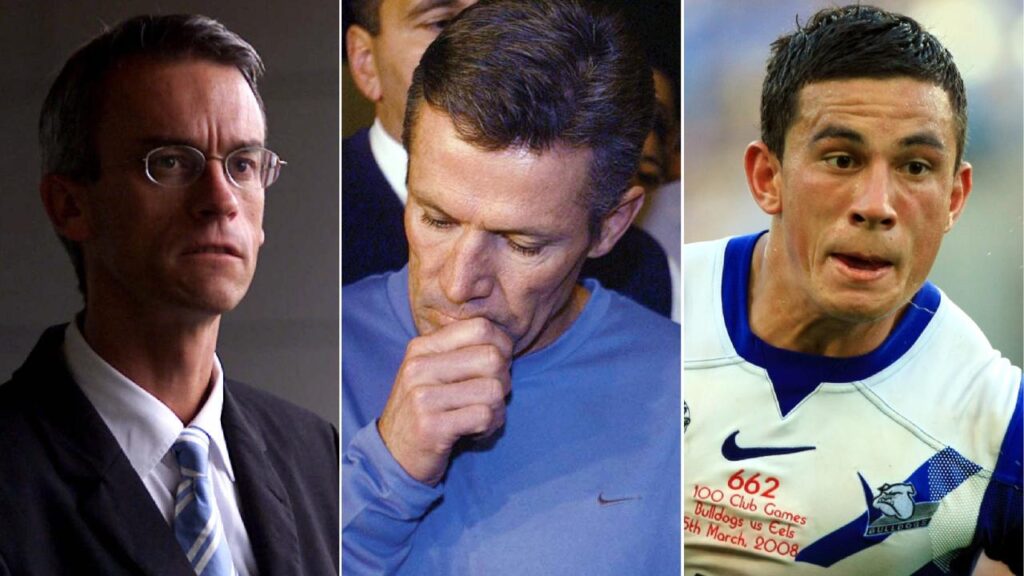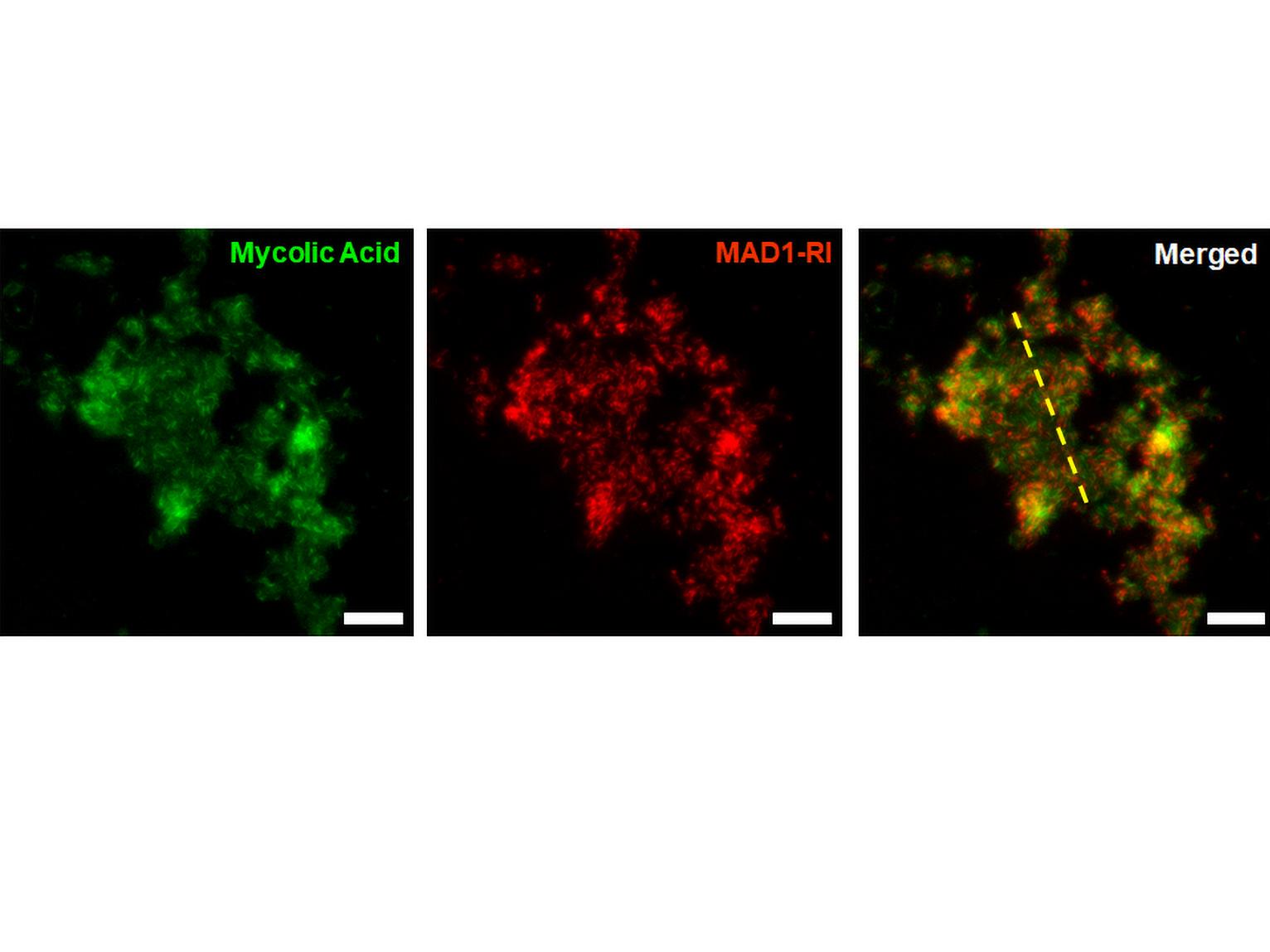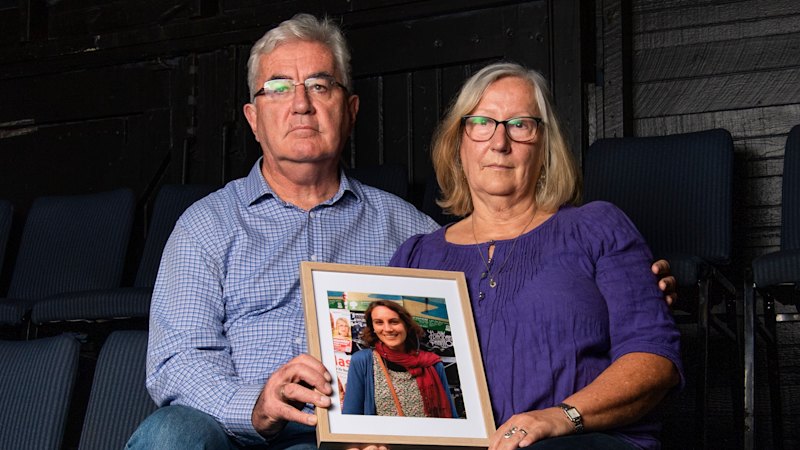
It’s a striking aspect of David Gallop’s tenure as the chief executive of the National Rugby League (NRL) that some of the most significant scandals he faced originated from a single club: the Canterbury-Bankstown Bulldogs. In a revealing interview on Fox League’s Face to Face, Gallop shared with Yvonne Sampson his experiences dealing with the Bulldogs’ controversies, including the 2002 salary cap breaches, the 2004 Coffs Harbour scandal, and the 2008 departure of Sonny Bill Williams.
These incidents not only tested Gallop’s leadership but also left an indelible mark on the club and the league. The interview, available on Kayo Sports, provides a candid look at the emotional and professional challenges faced by Gallop during these tumultuous times.
The Salary Cap Scandal of 2002
In 2002, the Bulldogs were a dominant force in the NRL, with a team brimming with talent and a fierce competitive spirit. However, their success was overshadowed by revelations of significant salary cap breaches, amounting to at least $1 million over two years. This breach led to the team being stripped of their 37 competition points, effectively ending their premiership hopes.
For Gallop, the decision to penalize the Bulldogs was unavoidable. “It was brazen but … once we got the information and some of it got dropped to the media by a whistleblower, to their credit they came in and they said, ‘Yep, we did it’,” Gallop recounted. The severity of the breach meant that the Bulldogs were dropped from first to last place, a move that was both necessary and heartbreaking.
“It was sort of heartbreaking but it had to be done. There wasn’t really any alternative,” Gallop said, reflecting on the emotional toll of the decision.
The repercussions were severe, with Gallop facing personal threats and requiring security at his home. Despite the challenges, the Bulldogs’ players remained resilient, sticking together and eventually winning the premiership in 2004.
Coffs Harbour and the 2004 Scandal
The 2004 season began under a cloud of controversy following a pre-season trip to Coffs Harbour, where six Bulldogs players were questioned over a sexual assault allegation. The incident highlighted broader issues within the sport regarding respect for women and led to widespread media scrutiny.
Although no charges were laid due to insufficient evidence, the scandal had a lasting impact. Rising star Johnathan Thurston found himself embroiled in the controversy, despite maintaining his innocence. In his autobiography, Thurston described the ordeal as a significant threat to his burgeoning career.
“Consensual group sex, a girl sleeping with more than one NRL player at the same time, was not unusual,” Thurston wrote, shedding light on the culture within the league at the time.
Gallop acknowledged the scandal’s far-reaching effects, stating, “It became a bit of a lightning rod for the game because very quickly there became this widespread suggestion that there was no respect for women in the game.”
The Sonny Bill Williams Departure
In 2008, the NRL was rocked by the sudden departure of Sonny Bill Williams, who left the Bulldogs and the league to join French rugby union club Toulon. The move came as a shock to Gallop, who initially thought the news was a prank.
Williams had signed a five-year contract extension with the Bulldogs the previous year, but the lucrative offer from Toulon, combined with personal struggles, led to his abrupt exit. Reflecting on the decision, Williams later expressed regret over how he handled the situation.
“I wish that I had the mindset that I have now because it wouldn’t have went down the way it went down,” Williams admitted in a 2021 interview.
The Bulldogs eventually received compensation from Toulon, and Williams was banned from rugby league for a period. He later returned to the NRL, winning a premiership with the Roosters in 2013.
David Gallop’s tenure as NRL chief executive was marked by these high-profile scandals, each presenting unique challenges and learning opportunities. The Bulldogs, despite their tumultuous history, demonstrated resilience and the ability to rebuild, leaving a complex legacy that continues to influence the league today.







